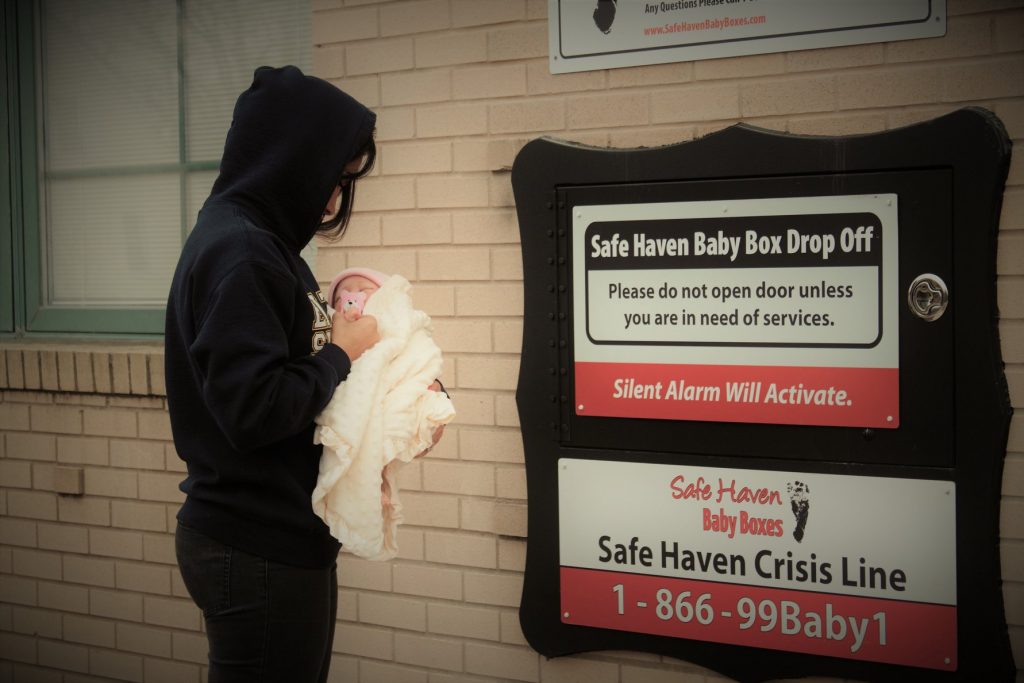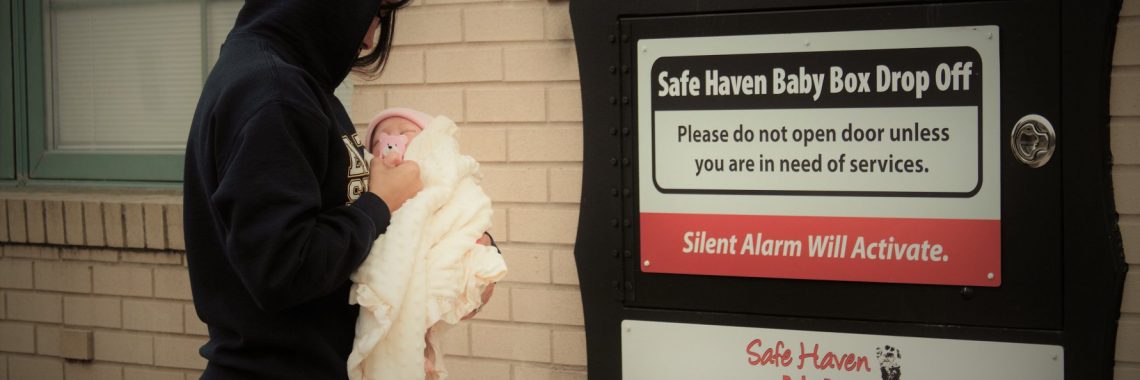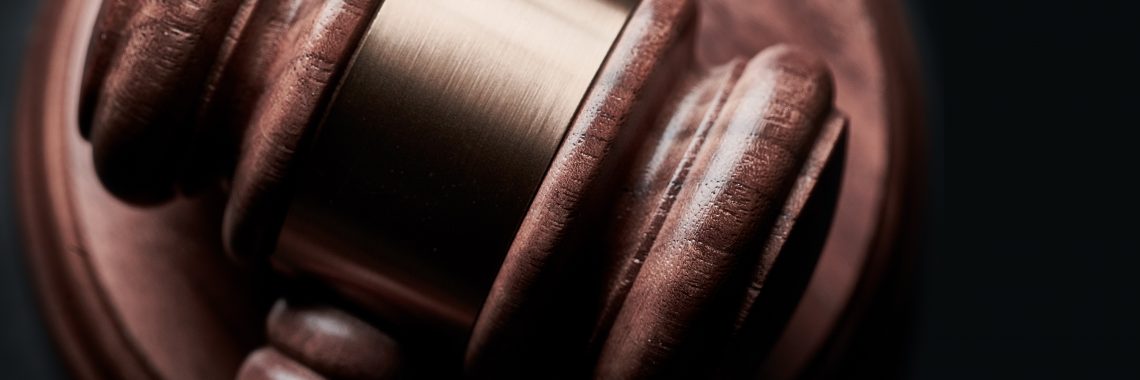Conway Gets Arkansas’ Fifth Safe Haven Baby Box

On Wednesday pro-lifers in Conway unveiled Arkansas’ fifth Safe Haven Baby Box. The box is located at Central Fire Station #1.
Arkansas’ Safe Haven Act of 2001 lets a woman surrender her newborn baby to law enforcement, medical personnel, and first responders. The law gives women an option besides abortion.
Similar laws are on the books in all 50 states.
Safe Haven Baby Boxes installed at fire stations let women surrender an infant safely and anonymously using a specialized, hospital-grade bassinet designed to keep the baby secure while notifying the first responders inside the fire station that the baby is there.
There are currently 75 Safe Haven Baby Boxes in operation nationwide — including five in Arkansas.
Since June of 2019, Arkansas Right to Life has promoted Arkansas’ Safe Haven Act and the Safe Haven Baby Boxes through a billboard campaign.
So far, billboards have been placed in 21 counties. Arkansas Right to Life’s goal is to place billboards in all 75 counties in the state.
Arkansas Right to Life reports that future Safe Haven Baby Boxes are planned for Maumelle, Fort Smith, El Dorado, and Rogers.
Safe Haven Baby Boxes are amazing pieces of pro-life technology. It’s good to see communities like Conway continue to make them available to Arkansans.





